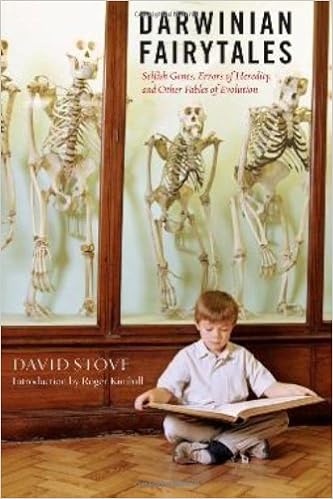
From Sandrine Ceurstemont at New Scientist:
The Neomorphus ground cuckoos live in forests in Central and South America, where they often follow herds of wild peccaries so they can feed on the invertebrates that the peccaries disturb as they plough through the leaf litter.
Ecologists have noticed that when the cuckoos clap their beaks together they sound a lot like the tooth clacks the peccaries make to deter large predatory cats.
Generally, the proposed explanations rely on far more intelligence than either species has or both put together.
Biondo and her colleagues have considered alternatives too. For instance, by making the same sounds, cuckoos and pigs could be teaming up to protect each other. The birds could be taking on the role of guards while peccaries ward off attackers, for example. More.
They probably got the idea from attending motivational TED talks. Everyone does that now, you know.
Seriously, the fact that a survival strategy might work for life forms tells us nothing about how they achieved it, especially when the change may involve intentionally altering natural features such as bird calls. Something is obviously missing here.
 The common cuckoo (not to be confused with the ground cuckoo) raises the same “How did they figure it out?” question. Common cuckoos lay their eggs in other birds’ nests, getting the other birds to raise them. Australian philosopher David Stove (1927-1994) addressed the problem in Darwinian Fairytales:
The common cuckoo (not to be confused with the ground cuckoo) raises the same “How did they figure it out?” question. Common cuckoos lay their eggs in other birds’ nests, getting the other birds to raise them. Australian philosopher David Stove (1927-1994) addressed the problem in Darwinian Fairytales:
 If the nest parasitism of cuckoos is a case of manipulation, it is certainly a staggeringly clever one: far too clever for cuckoos, in particular, to be capable of.
If the nest parasitism of cuckoos is a case of manipulation, it is certainly a staggeringly clever one: far too clever for cuckoos, in particular, to be capable of.
Can a cuckoo have a purpose as complicated as that of getting a reed warbler to feed a cuckoo nestling better than it feeds its own young? That must be extremely doubtful. Still, let us suppose that a cuckoo is clever enough for that. He would need to be cleverer still, to be able to think up a way of achieving this purpose. In particular, could he think up a way of achieving it which did not involve any cuckoo’s ever going even within a mile of a reed warbler? No: there is no one who will credit cuckoos with so great an intellectual feat.
Yet even if a cuckoo could manage that part too, the hardest job would still lie ahead of him. For he would need, not just to have this brilliant idea, but to be able to implement it. But how is a cuckoo to do whatever engineering is required? He has no hope. Manipulative ability of any kind is not highly developed in birds, and cuckoos are distinctly below the bird average in this respect. After all, hardly any of them can even build a nest.
But the feat of manipulation in question would not only be too hard for cuckoos: it would be too hard for us. Suppose that nest parasitism has not yet evolved among birds, and that young cuckoos have not yet acquired their special adaptations for it. Cuckoos (we will suppose) raise their own young, but are extremely slap dash parents. In these circumstances, we might become anxious about the survival of cuckoos, and decide to take steps to improve their reproductive performance.
Now, would you or I be clever enough to think of nest parasitism as a means to this end? I know I never would; but perhaps you would. But would even you be able to think of a way of getting the host birds not only to feed the young cuckoos, but to feed them better than their own offspring? A way, at that, which does not require any human cuckoo helper ever to go near a member of the host species?
With all due respect to human intelligence, this seems hardly possible. Still, let us suppose that we did think up such a way, and that in particular we came up with the brilliant idea of endowing young cuckoos with exceptional voice and gape. Even then, the hardest part of the job would still remain: that is, to implement this idea. Well, human beings are as preeminent on earth for engineering ability as they are for intelligence, but we could not do this. We cannot build young cuckoos, or breed them, to precise specifications. And no genetic engineer could as yet undertake this particular task with rational confidence of success.
It won’t really be possible to resolve conundrums like this without understanding the pervasive role of intelligence in nature that does not reside in the life forms themselves.
See also: Animal minds: In search of the minimal self